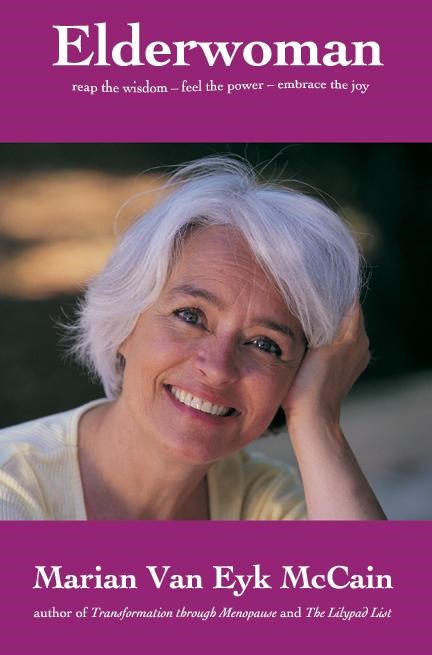Elderwoman: book by Marian van Eyk McCain
Is elderhood different for men and women? Yes and no! The question of gender differences in elderhood was a big one for me as I approached leading a mixed workshop on this theme for the first time, at Findhorn. I’ve discussed the gender question with women and men elders I know, and by reading Elderwoman, … Read more

